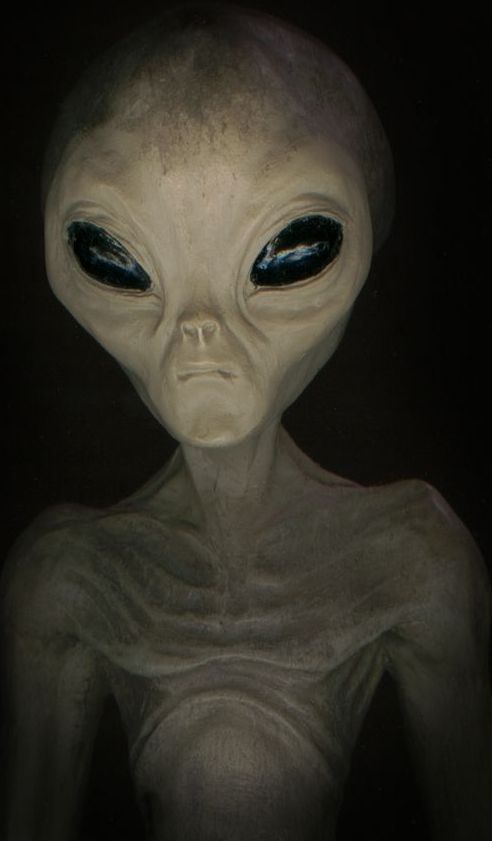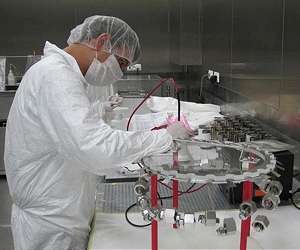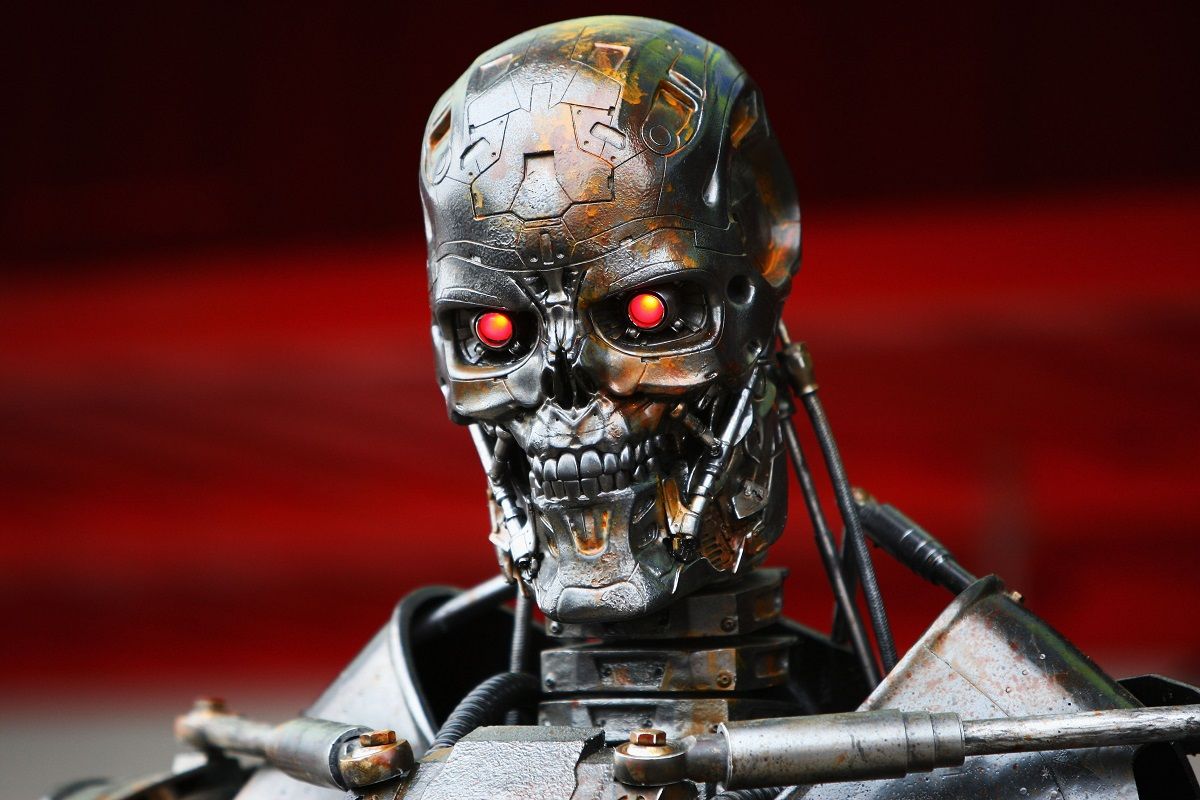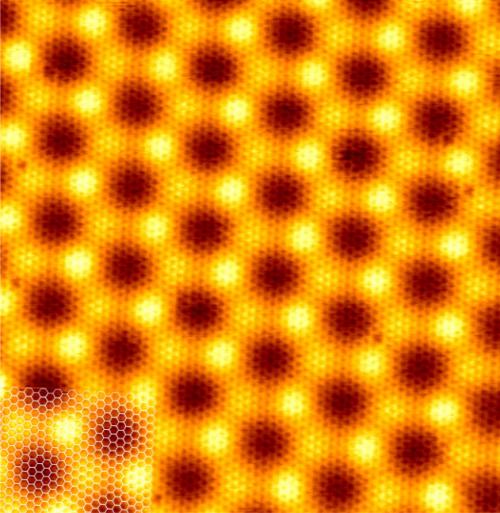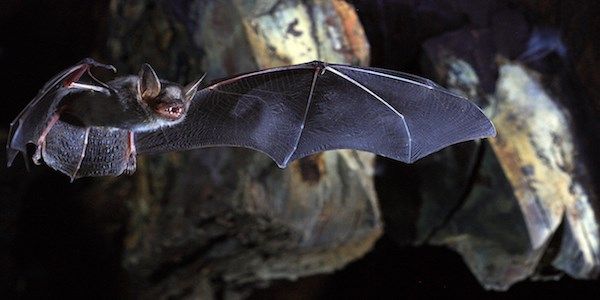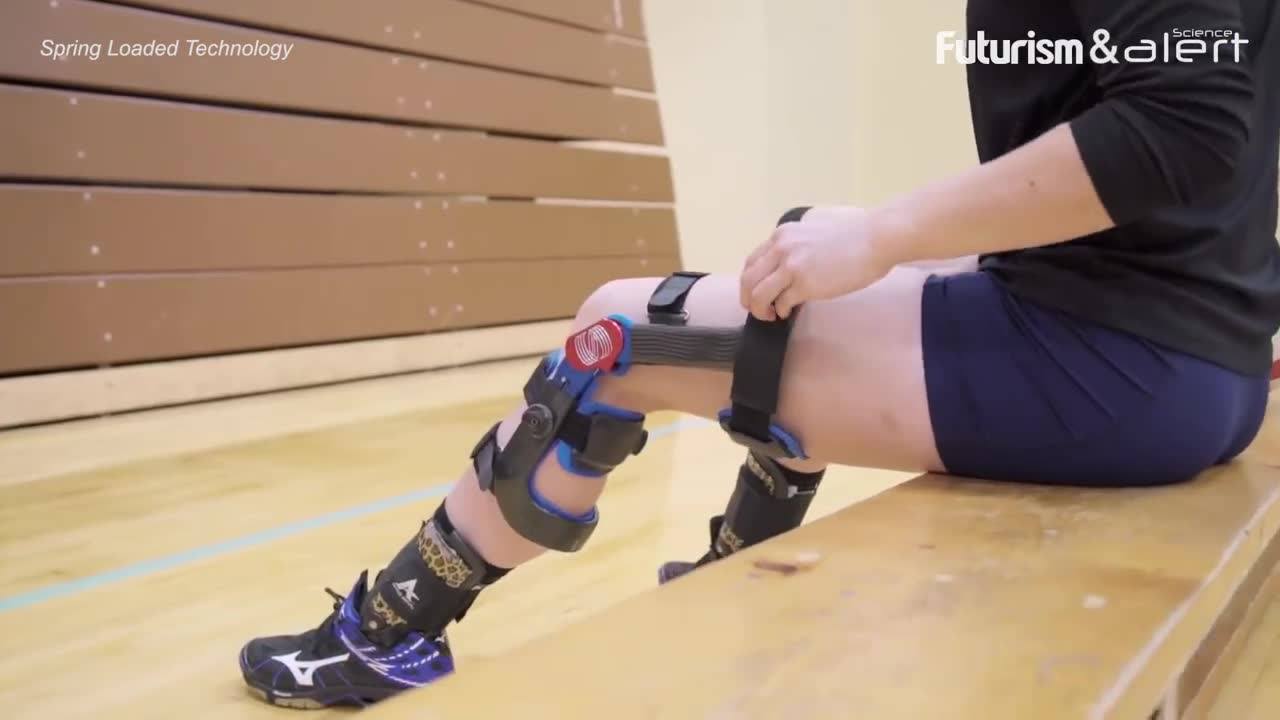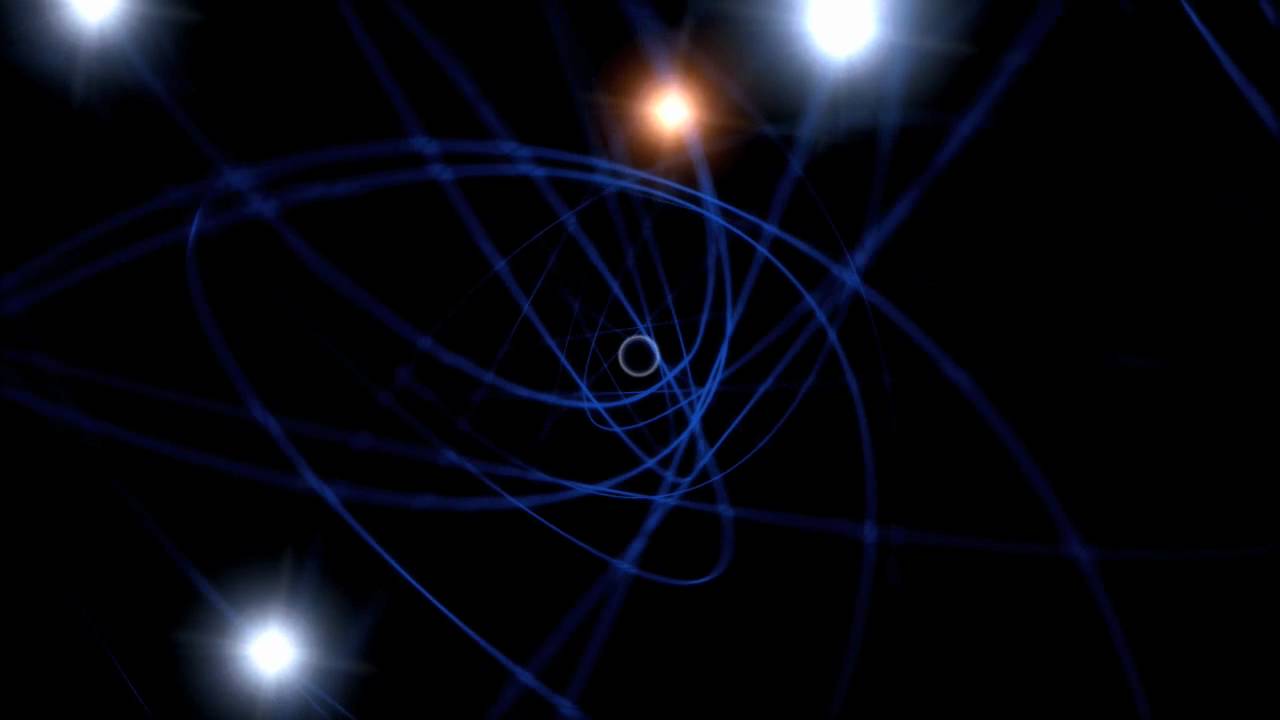Mar 2, 2018
Can Earth be hacked by aliens? Scientists say messages from space could destroy life as we know it
Posted by John Gallagher in categories: alien life, military, nanotechnology, robotics/AI
The researchers also suggested that aliens could “gift” us with an artificial intelligence (AI) system that may trick humans into developing self-replicating nanobots and eventually deploy them to wreak havoc on our planet. The researchers argue that it would be cheaper for aliens to “send a malicious message to eradicate humans compared to sending battleships”.
In one scenario, the researchers argued that a message from aliens could be a panic-inducing statement like “We will make your sun go supernova tomorrow”. According to the researchers, if such a threatening message is received in just one location, it may be possible to contain and even destroy it. “If it is received repeatedly, perhaps even by amateurs, containment is impossible,” the researchers wrote in a paper available online on arXiv.
In another scenario, the scientists argue that humans could be tricked into begetting their own demise by aliens offering the “gift” of knowledge. For instance, aliens could transmit a message that reads: “We are friends. The galactic library is attached. It is in the form of an artificial intelligence (AI) which quickly learns your language and will answer your questions. You may execute the code following these instructions…”
